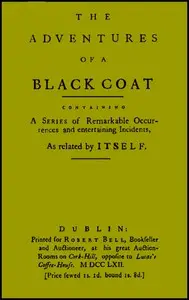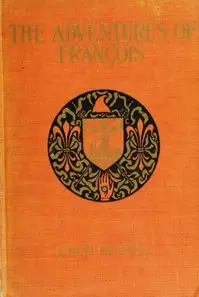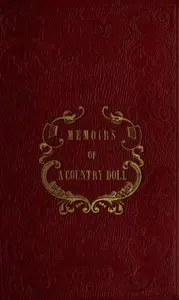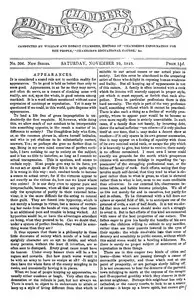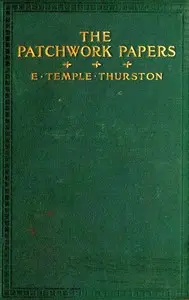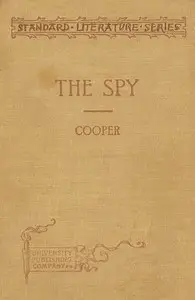"Autobiography of a Pocket-Handkerchief" by James Fenimore Cooper is a fanciful story told from the point of view of a pocket-handkerchief in the 1800s. The tale, spun with humor and a touch of sarcasm, looks at society, differences between social groups, and the economy through the stitched eyes of a piece of cloth. The handkerchief shares what it sees and thinks about, especially the different classes and changes in France. It starts by talking about its family history that goes all the way back to a plant in Connecticut. The reader sees the handkerchief as thoughtful, musing on what it means to be proud and have its own identity, just like people or plants. What it really wants is to be appreciated for more than just its looks; instead, it longs to understand people's feelings and lives. The reader will learn about Adrienne de la Rocheaimard, a sweet girl confronting the societal norms in a volatile time, suggesting the reader should expect a story that uses an odd style to examine personal struggles and broader themes of culture.

Autobiography of a Pocket-Handkerchief
By James Fenimore Cooper
Witness history and society unfold through the eyes of an unlikely observer: a sentient, philosophical piece of cloth navigating the complexities of 19th-century life.
Summary
About the AuthorJames Fenimore Cooper was an American writer of the first half of the 19th century, whose historical romances depicting colonial and indigenous characters from the 17th to the 19th centuries brought him fame and fortune. He lived much of his boyhood and his last fifteen years in Cooperstown, New York, which was founded by his father William Cooper on property that he owned. Cooper became a member of the Episcopal Church shortly before his death and contributed generously to it. He attended Yale University for three years, where he was a member of the Linonian Society.
James Fenimore Cooper was an American writer of the first half of the 19th century, whose historical romances depicting colonial and indigenous characters from the 17th to the 19th centuries brought him fame and fortune. He lived much of his boyhood and his last fifteen years in Cooperstown, New York, which was founded by his father William Cooper on property that he owned. Cooper became a member of the Episcopal Church shortly before his death and contributed generously to it. He attended Yale University for three years, where he was a member of the Linonian Society.

